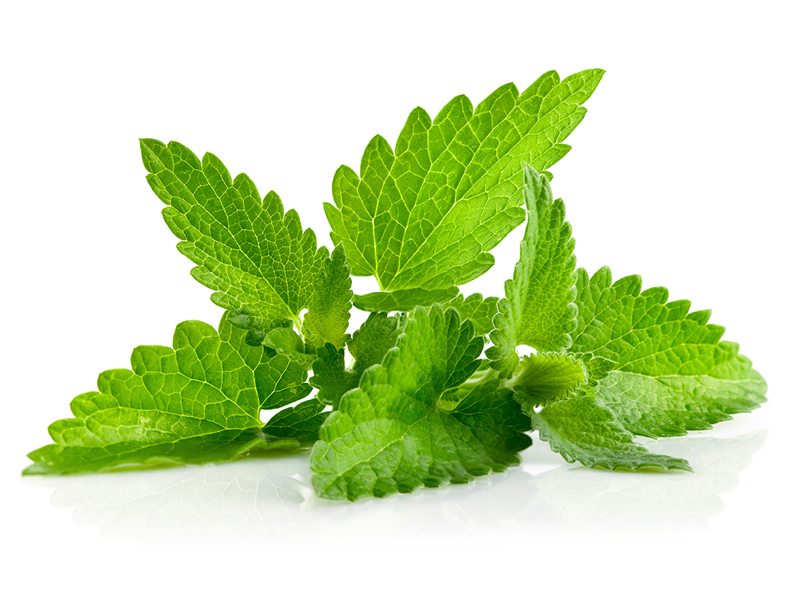
There’s good reason your local pizzeria has a bowl full of peppermints next to the till. They are a nice post- prandial sweet and also make good short-term breath fresheners. Peppermint, in the right form, also combats indigestion and reduces wind and bloating. Peppermint not only makes an ideal digestive sweet its healing powers are more powerful than you might imagine.
What’s it good for?
- bites and stings
- body odour
- foot pain
- headache
- indigestion
- inflammatory bowel disease
- irritable bowel syndrome
- morning sickness
- nausea
- oily skin
- peptic ulcers
- snoring
- sunburn
- toothache
- wind
Intestine protection
Peppermint is among the best herbs for digestive problems and intestinal pain. The oils it contains, especially menthol and menthone, relax the smooth muscles that line the intestinal tract, helping to relieve cramping. British gastroenterologists who sprayed diluted peppermint oil on endoscopes – the tube-like instruments used in colonoscopy – found that it stopped painful spasms in less than 30 seconds.
The herb’s antispasmodic properties make it a natural choice for easing irritable bowel syndrome (IBS), a condition that causes unpredictable cramping, indigestion and alternating bouts of constipation and diarrhoea .
In a study conducted in Taiwan, IBS patients who were given peppermint oil capsules 15 to 30 minutes before meals had a significant reduction in bloating and wind. Abdominal pain was reduced or disappeared completely in some cases.
Doctors who have an interest in herbal medicine now recommended peppermint for a variety of digestive complaints:
- Wind Because it aids digestion, peppermint can help you to avoid flatulence.
- Gallstones Preliminary evidence suggests that peppermint helps to dissolve gallstones and could potentially reduce the need for surgery.
- Nausea Peppermint slightly anaesthetizes the stomach lining and reduces mild nausea.
- Stomach ulcers Peppermint can help to relieve the pain and aid healing. (Alert Don’t use peppermint if you have frequent heartburn. Peppermint can relax the oesophageal sphincter, the ring of muscle that prevents harsh stomach acids from backing up into the oesophagus.)
Less congestion and pain
Whether you choose to drink the tea or sniff the aromatic vapours, you will find peppermint an effective decongestant that thins mucus and reduces nasal inflammation. It may even reduce bronchial constriction and the tightening of the airways that accompanies asthma attacks.
If you get frequent headaches, try dabbing a little diluted peppermint oil on your forehead and temples. A small study of 32 headache patients found the oil an effective painkiller.
The menthol in peppermint has significant painkilling powers. Whether you’re an athlete or a weekend warrior, keep some peppermint oil (or a menthol-containing ointment) in your medicine chest to rub into sore muscles. As it’s to strong to use neat, mix a few drops with a tablespoon of a neutral carrier oil, such as sunflower or olive oil.
Because of its numbing properties, peppermint is also useful against toothache.
Like many essential oils, peppermint kills certain viruses and bacteria. Add a few drops of peppermint oil to a cup of water to make a minty, germ-killing mouthwash. Or to freshen your breath, place a drop or two of the oil on your tongue. (Alert Do not take more than this by mouth: It’s not just that the oil may upset the stomach; just a couple of teaspoons can be fatal.)
Teatime
Most people like the aroma and refreshing taste of peppermint tea. Drink a cup or two a day to ease or prevent digestive discomfort. You can also take enteric-coated capsules between meals, following the directions on the label (enteric-coated capsules pass through the stomach and are broken down in the intestines instead). Or add 10 to 20 drops of peppermint tincture, which is much less potent then the oil, to a glass of water and drink it as needed.
Cautions and Side Effects
Avoid if suffering from constipation or iron-deficiency anemia. Get professional advice before using if you are breastfeeding. May relax the oesophageal sphincter, increasing the risk of heartburn: use the herb cautiously if you are prone to acid reflux. Also use with caution if you have an inflammatory or ulceractive disorder to the digestive tract, such as ulceractive colitis. Use the oil with care as it may cause sensitivity reactions in the mouth and airways.
